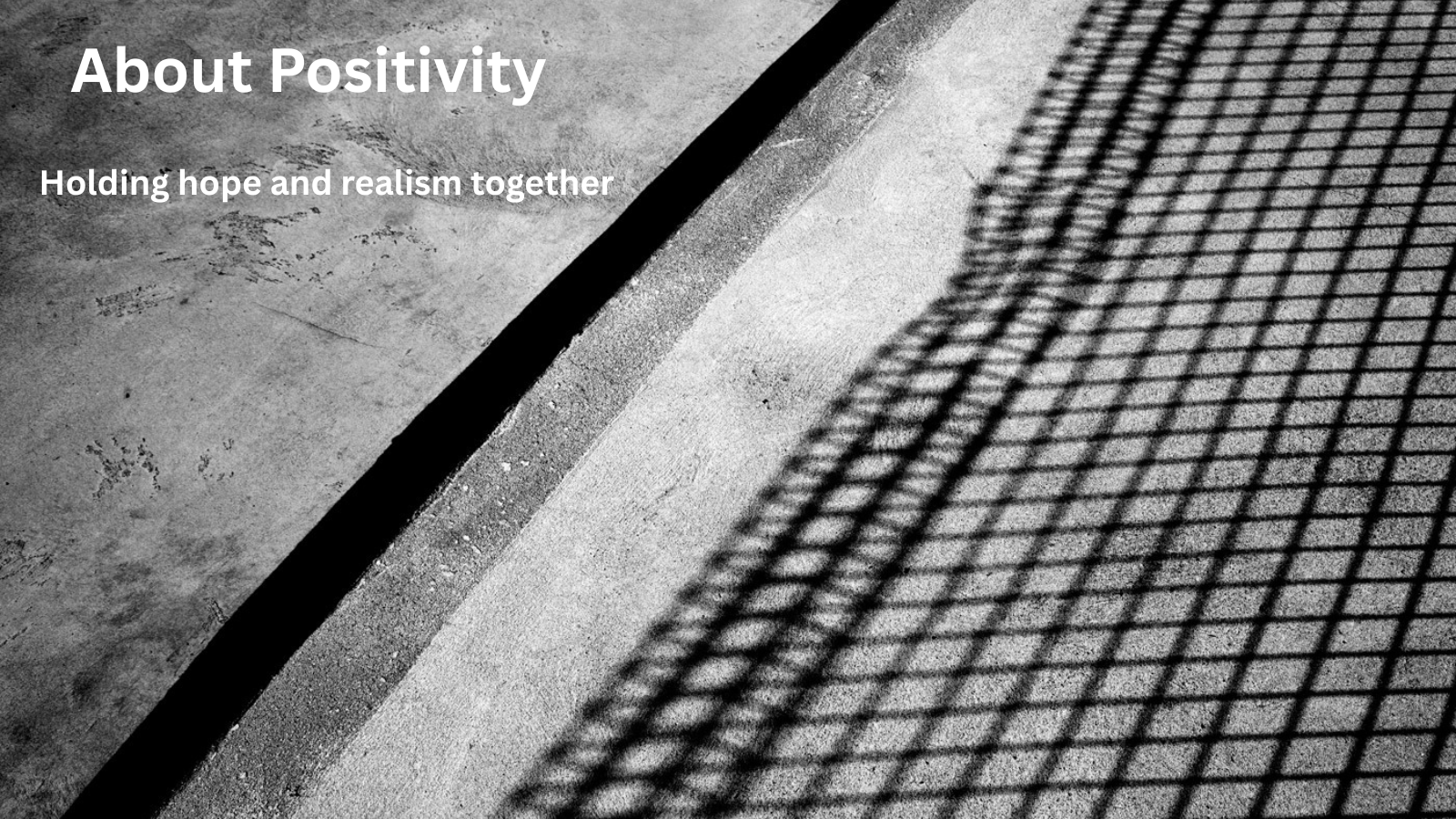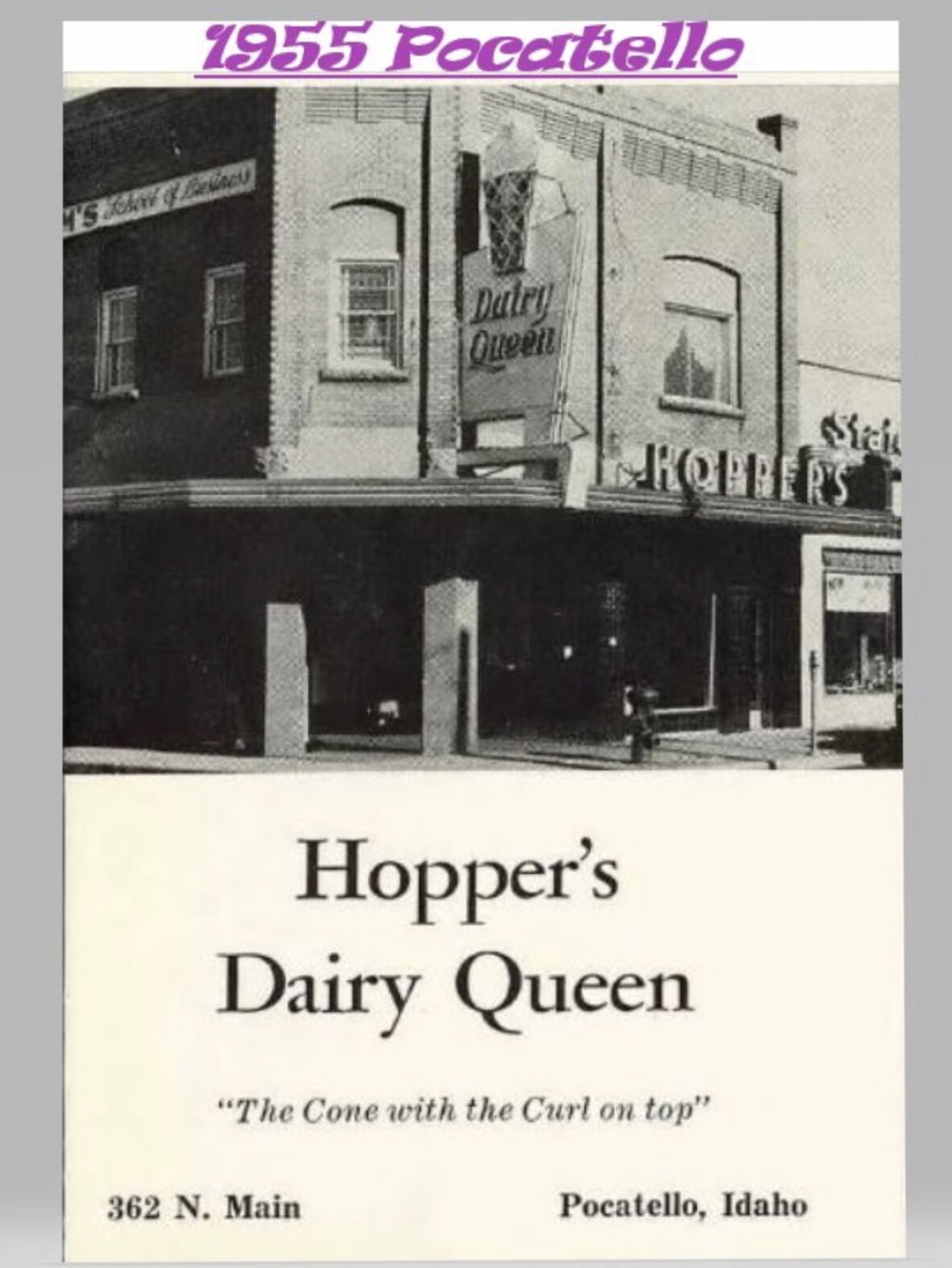The Human Condition is Reflected in Choices →
We expand our own understanding by finding out more about the human experiences of others. To do so we need to know about the characteristics, key events and all that compose the essentials of their lives: their struggles, conclusions, emotional responses, aspirations, and even their deaths.
Tony Hillerman wrote about the Navajo people and their traditions. He said “we are all connected” It can make a real difference to us to understand the lives of others, even a thousand others so perhaps the Human Condition is to be connected with other humans.
Authors are the gatekeepers to the lives of others and they provide us with the pathway to this knowledge. Harold Bloom, a well-known professor of literature at Yale, has written many books about interesting authors. His book "Shakespeare, The Invention of the Human” claims that Shakespeare's vocabulary of 22,000 words is so infinite that it proves he knew pretty much everything there is to know about humankind. That means, according to Bloom, that he “invented the human”, or at least a more complete definition of humanness.
In an interview published in 1995, Bloom reflected on the great authors of the Western world, stating: “We must read and study Shakespeare, Dante, Chaucer, Cervantes and the Bible, at least the King James Bible.” He said of these authors that “they provide an intellectual, I dare say, a spiritual value which has nothing to do with organized religion or the history of institutional belief” They tell us things we couldn’t possibly know without them, they reform and make our minds stronger. They make us more vital."
Bloom found more about our humanness from the authors themselves rather than from the stories and writings.
Shakespeare’s quotes resonate with our lives today. I like these quotes among so many good ones.
There is nothing good or bad, only thinking makes it so. - Hamlet
Hell is empty and the devils are here. - William Shakespeare
Though this be madness yet there is method in it. - William Shakespeare
The meaning of life is much more than our own personal daily experiences and can include much from those other lives that we read about. For example we learned things from Hyenseo Lee who told to us in her book, “The Girl with Seven Names, Escape from North Korea”, that I am glad I can have some awareness of without having to have had the personal experience myself. Much comes to us in the nonfiction accounts of other people.
Even fiction brings us insight into our humanness. The suspense and twisting plots of fiction writer Lee Child’s in his Jack Reacher series takes us places we would never go and into situation we would never find ourselves in. We find excitement, empathy and emotional experience in fiction. Literary critics often label a piece of writing as literature - and not pulp fiction - if it tries to describe the "human condition.
Poetry can challenge the status quo in our lives and by doing so improve the human condition of all people. An example of this is in the work of May Angelou who fought for equality and for humanity writing about the plights and triumphs of a marginalized people.
The real meaning of our lives is the sum total of our own individual experience and what we have learned.
Human Condition Categories
Existentialist Concepts | Personal lives | Philosophy of life | Humans | Human Choices
Do we Really Believe that All Life Matters? →
Recently I saw a article in the HUFFPOST titled "Animals Have As Much Right To Live As Human Beings". The title caught my interest. I have often posted pictures of animals, birds, and even bugs with the caption that "All Life Matters". I saw a post the other day where, above a picture of a unique animal, someone had said that it had as much of a right to its life as humans do.
I was fascinated with the impact that the Wolf's * reintroduction into Yellowstone had on the environment and on other animals that were already there. The result of this reintroduction clearly shows that all animal life is connected and suggests that all life is also connected.
All life does indeed need to be respected and in doing so it does make you feel like your "in tune" and doing the right thing.
What about all life? Do we really believe that all life deserves the chance to live the life they were given and are they entitled to that? What about human life? Are those born in the darkest poorest country just as deserving as those born in such favorable circumstances as in the richer more successful countries? Is the difference just the luck of the draw.
Is it consistent to feel so sad when we see Elephants slaughtered and then just assume that young children who lost their parents in war, and are begging on the streets, are just dealing with their own circumstances of chance in their birth location? If we believe that "All Life Matters", then we ought to mean it.
I wish, as I ponder this, that I had a great solution to present. Getting governments to make a difference might be a solution? Even though the solution isn't obvious; the least we can do is decide that all humans deserve a quality life.
*see review American Wolf, A True Story Of Survival And Obsession In The West by Nate Blakeslee
How we react is more important that what happened (Now More Than Ever) →
Life is 10% what happens to you and 90% how you react to it
You are wholly responsible for your own reactions. If you're angry and you start shouting, you've made that choice. If you say something cruel in the heat of the moment, you made that choice. If you get defensive when someone criticises you, you've made that choice. If what happens to you is bad and you find the good then, of course, you did that.
Nostalgia helps identify important connections and chose the life narrative that defines us.
Often nostalgia is connected to missing someone or something. It is a powerful memory because we absorbed the emotion of the event at the time it happened, and it affected us deeply. We carry the feelings of the emotion with us and each time we look back we find those feelings.
Nostalgic feelings help us understand ourselves because life is best understood looking backwards. We re-invent ourselves when we re-look at our past and the events that happened and it is those events that evoke strong feelings that we find first and become our life plot points when we look back.
Each time I think back over my life story, I rethink what happened and draw new conclusions. “How you arrange the plot points of your life into narrative shapes who you are and is a fundamental part of being human.” This is the subtitle in an interesting article titled Life’s Stories, published in The Atlantic in 2015. In that article, Monisha Pasupathi, a professor of developmental psychology at the University of Utah, offered much insight on this subject. She stated: “In order to have relationships, we’ve all had to tell little pieces of our story.”
“Life can only be understood backwards; but it must be lived forwards.” Soren Kierkegaard
To understand where were going and why look back →
I think our life will seem very different when we reach the end and look back. All that we have explored, learned, and have done, will change us. Will we even recognize our beginning self?
We will see the whole of our life very differently than we did as we experienced the parts. The beginning, the journey, and all of the related circumstances to the journey will be clear, for the first time.
It will be the first time we see the past through the prism of all our experiences and that knowledge will let us know what really happened.
I have always loved this quote by T.S. Eliot:
"We shall not cease from exploration, and the end of all our exploring will be to arrive where we started and know the place for the first time".
Soren Kierkegaard seemed to be saying this when he said:
"Life can only be understood backwards; but it must be lived forwards."
In the Essay Section of this website I wrote an article titled Reflections on Life . In that article I said:
"There is no one whose story I am as familiar with as my own. The same is true for you. This seems so obvious, but then what surprises me a little is how I see that story differently almost every time I tell it". It really is different when you look back."





















